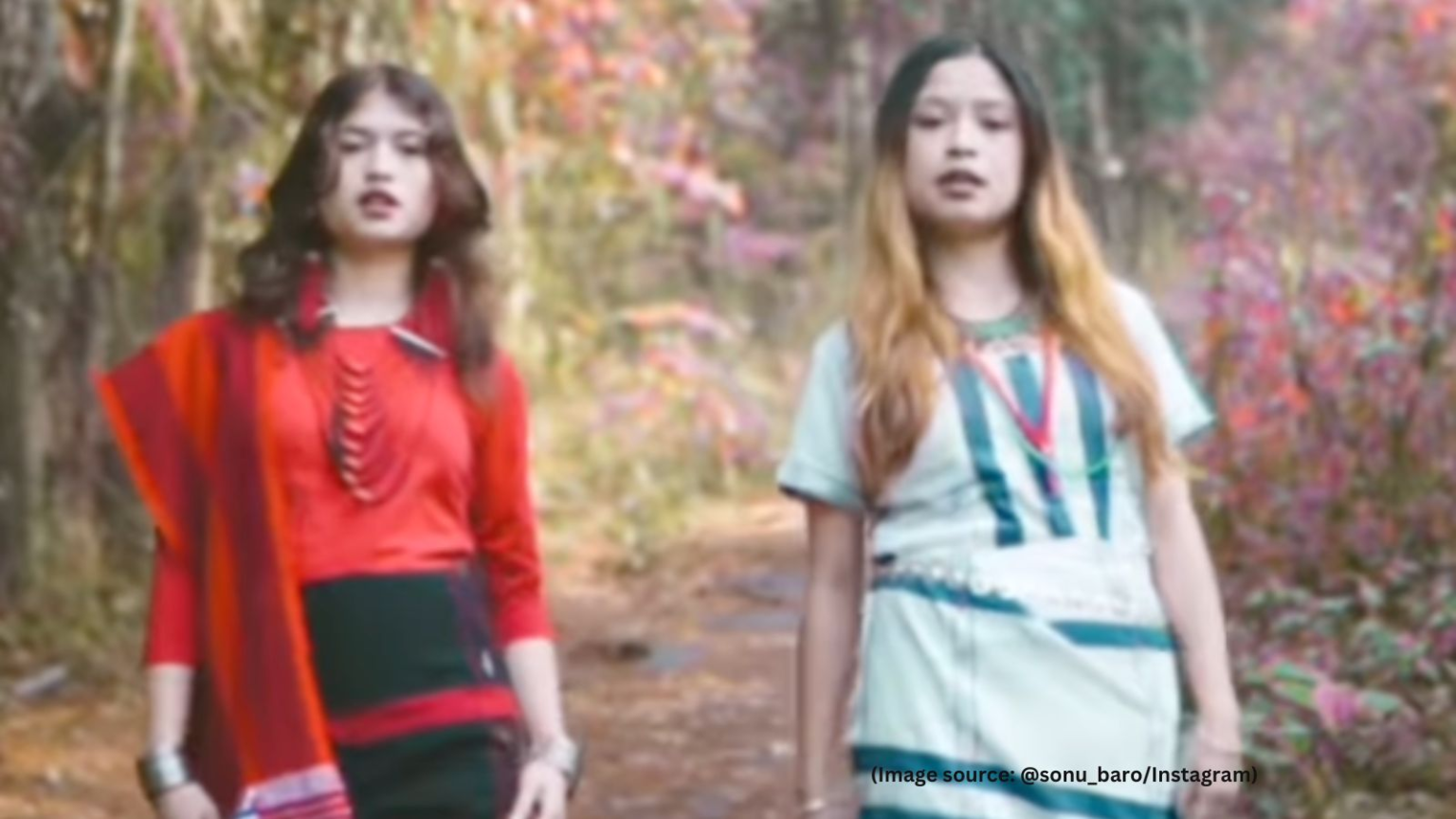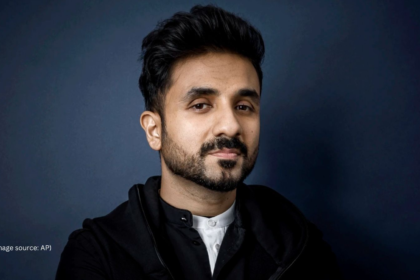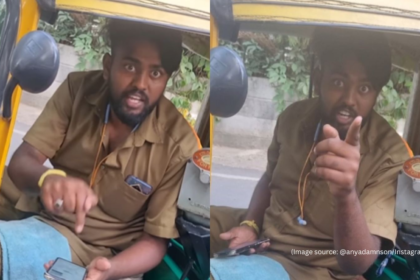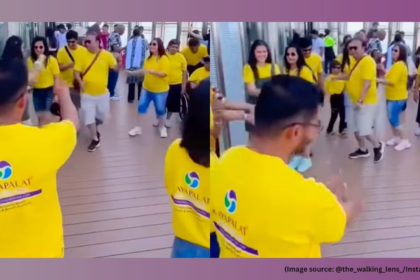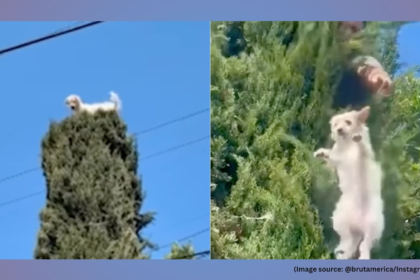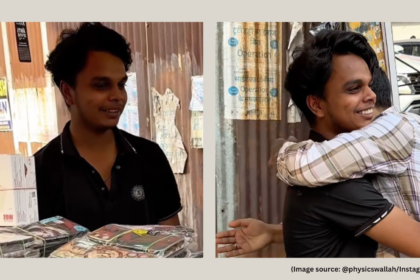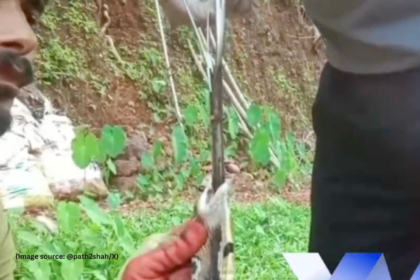Fighting discrimination against how one looks is never easy, especially in a country as diverse as India. As social media continues to be a powerful medium, many people have started using these platforms to speak out about the discrimination they have faced, particularly those from the Northeast. For many, it has become a space to share their stories and challenge long-held stereotypes.
But there are two sides to the coin. The Internet has also made things worse with trolling and backlash based on half-baked reports and entirely fake stories. Stereotyping is rampant — Biharis are often reduced to labourers and litti chokha, South Indians to idli-dosa and dark skin, Gujaratis to dhokla and business, and people from the Northeast are labelled “Chinese” or “momo sellers.” It gets worse for women creators, many are harassed in the comments and even asked about their “rates.” If you’ve ever followed a creator from the Northeast and glanced at the comments section, you know what it’s all about.
Despite their being Indian, many mainlanders end up lumping them for their features with the despised other, Chinky! Instead of ignoring such racist abuse, Shillong-based singer Sonu Borai has written a song entirely devoted to Chinky, and is receiving plaudits from several artistes, including A R Rahman’s Khatija Rahman.
“If there’s one thing I want the country to take away from CHINKY, it’s this: Let’s be one. Let’s recognise and respect the diversity that makes India beautiful, and stop the ‘othering’ and discrimination. We are all part of this nation,” Borai said in an interview to indianexpress.com.
This is not turning the other cheek like Christ, but boldly taking on the abuse and shutting it down. “The experiences in “CHINKY” are deeply personal. I’ve been called “Chinky,” “momo,” and “Chinese” countless times. The feeling of being “othered” and seen as a “lesser” is a constant reality. As a Hindu from the Northeast, I’ve faced unique prejudice from multiple sides. These recurring microaggressions and overt racism directly fuelled my song,” he said.
Here are the excerpts from the interview:
The lyrics in the song say, We rise, take control. Can you cite examples of people from the Northeast taking leadership positions in areas outside the Northeast?
Our region is a powerhouse in sports, with athletes like Mary Kom (Manipur), a six-time world boxing champion and Olympic medalist, and Bhaichung Bhutia (Sikkim), a celebrated former captain of the Indian national football team, having brought immense glory to India. Beyond these, Mirabai Chanu (Manipur) and Lovlina Borgohain (Assam) are also Olympic medalists, and Hima Das (Assam) has made her mark as a sprinting sensation. Beyond music, the Northeast also significantly contributes to arts and culture, education, and like Silbi Passah, who was awarded Padma Shri for focusing on socially useful, productive work (SUPW) and music, particularly Khasi Jaintia folk songs and traditional musical instruments. With individuals gaining national and international recognition in cinema, fashion, and literature, they are enriching India’s diverse cultural tapestry.
Story continues below this ad
The song is a welcome attempt to forge Northeast unity. Historically, the rivalries within NE states themselves are very strong, forget between the 8 states, is there something tangible called unity in the Northeast, or is it another tokenism?
The Northeast has a complex history with over 200 ethnic groups and past rivalries, like border disputes and ethnic clashes (e.g., Nagas-Kukis, Bodos). But “Northeast unity” isn’t just talk. It’s growing because of shared experiences, especially being stereotyped as “outsiders”. We also see it in cultural exchange, economic initiatives like the Act East Policy, and the youth connecting through social media.
While differences remain, a common Northeastern identity is clearly emerging, especially when facing external perceptions. “CHINKY” strongly helps this unity by turning shared grievances into a powerful call for pride and recognition.
The title is a racial slur that many Northeastern Indians have faced. Why did you choose to speak about it directly through your music?
Story continues below this ad
I chose “CHINKY” as the title precisely because it is a racial slur that has been used to demean and marginalise people from the Northeast for far too long. By reclaiming it, I aim to strip it of its power to hurt.
Art has the unique ability to confront uncomfortable truths, and I wanted to directly challenge the racism we face. My intention is to turn a word meant to shame into a symbol of defiance and pride. It forces listeners to confront the prejudice, sparking conversations and raising awareness about the experiences of Northeastern Indians. It’s about taking ownership of our narrative and transforming a negative into a powerful statement of identity and resilience
How do you think the media, education, and government should better address racism against the Northeast?
The media must stop stereotyping and provide more diverse, realistic coverage of the Northeast, actively fact-checking misinformation. Education needs an inclusive curriculum on Northeast history and cultures, running awareness programs, and training teachers on sensitivity. Beyond institutional changes, every individual has a role to play. We should actively encourage and practice treating everyone with kindness and respect. After all, fostering empathy, understanding, and acceptance is fundamental to humanity.
Story continues below this ad
Have other artists or public figures reached out to you since the song went viral?
Not yet, but A.R. Rahman’s daughter Khatija Rahman liked my post and even commented! And other public figures, such as Hina Gujral, Swara Bhasker, have commented and liked my content. That’s a huge deal for me.
Discrimination against people from the Northeast is often normalised or ignored in the mainstream. How do you think music and art can help change that?
Music and art are powerful for fighting discrimination. They raise awareness of ignored racism, build empathy by sharing our stories, and directly challenge stereotypes by showcasing our true identity. For us, it fosters pride and unity, and crucially, it sparks conversations that force people to confront their biases.





